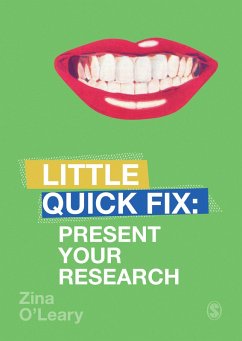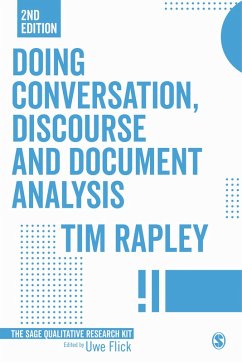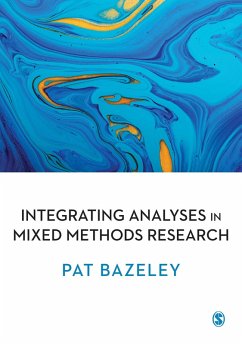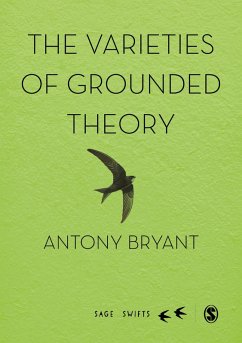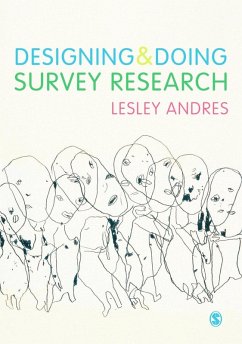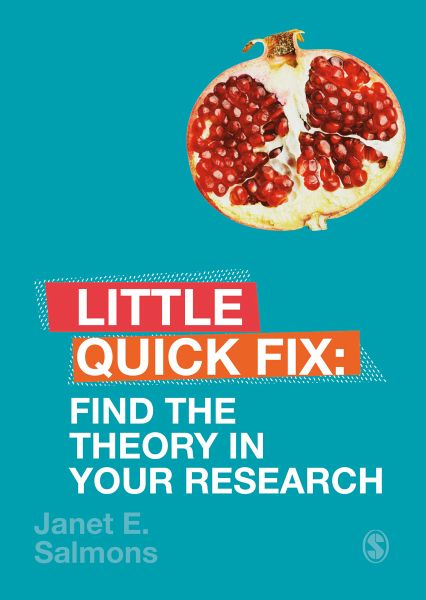
Find the Theory in Your Research (eBook, PDF)
Little Quick Fix
Versandkostenfrei!
Sofort per Download lieferbar
8,95 €
inkl. MwSt.
Weitere Ausgaben:

PAYBACK Punkte
4 °P sammeln!
One of the most crucial foundational steps in any research project surrounds understanding and choosing an appropriate theory to frame the research question. Theoretical frameworks don't just impact design, they impact how the entire study is interpreted, contextualized, and discussed. There are lots of resources about epistemologies and ontologies, but most focus on the philosophical and historical dimensions that can quickly overwhelm students. They need something quick that helps them understand the practical connection between theory and the purpose/nature of the study and, more importantl...
One of the most crucial foundational steps in any research project surrounds understanding and choosing an appropriate theory to frame the research question. Theoretical frameworks don't just impact design, they impact how the entire study is interpreted, contextualized, and discussed. There are lots of resources about epistemologies and ontologies, but most focus on the philosophical and historical dimensions that can quickly overwhelm students. They need something quick that helps them understand the practical connection between theory and the purpose/nature of the study and, more importantly, decide which theory is best suited to their particular study. This Little Quick Fix covers questions like: What is theory? How does theory relate to research design? What is a theoretical framework? What is a theoretical contribution? How do I choose which theory (or theories) fits my research? What practical steps should I take to integrate theory into my research?
Little Quick Fix titles provide quick but authoritative answers to the problems, hurdles, and assessment points students face in the research course, project proposal, or design-whatever their methods learning is.
Little Quick Fix titles provide quick but authoritative answers to the problems, hurdles, and assessment points students face in the research course, project proposal, or design-whatever their methods learning is.
- Lively, ultra-modern design; full-colour, each page a tailored design.
- An hour's read. Easy to dip in and out of with clear navigation enables the reader to find what she needs-quick.
- Direct written style gets to the point with clear language. Nothing needs to be read twice. No fluff.
- Learning is reinforced through a 2-minute overview summary; 3-second summaries with super-quick Q&A
- DIY tasks create a work plan to accomplish a task, do a self-check quiz, solve a problem, get students to what they need to show their supervisor.
- Checkpoints in each section make sure students are nailing it as they go and support self-directed learning.
- How do I know I'm done? Each Little Quick Fix wraps up with a final checklist that allows the reader to self-assess they've got what they need to progress, submit, or ace the test or task.
Dieser Download kann aus rechtlichen Gründen nur mit Rechnungsadresse in A, D ausgeliefert werden.







